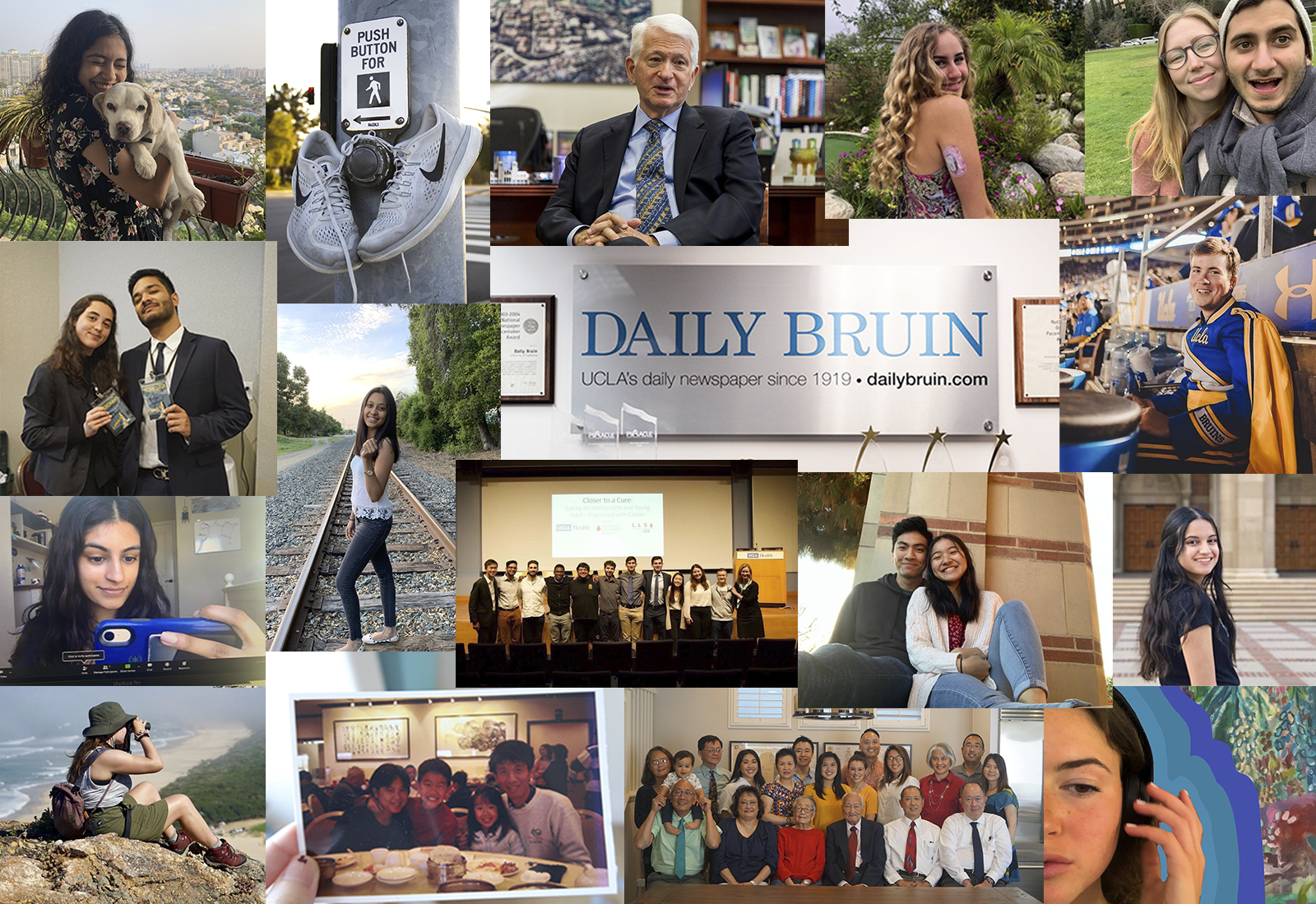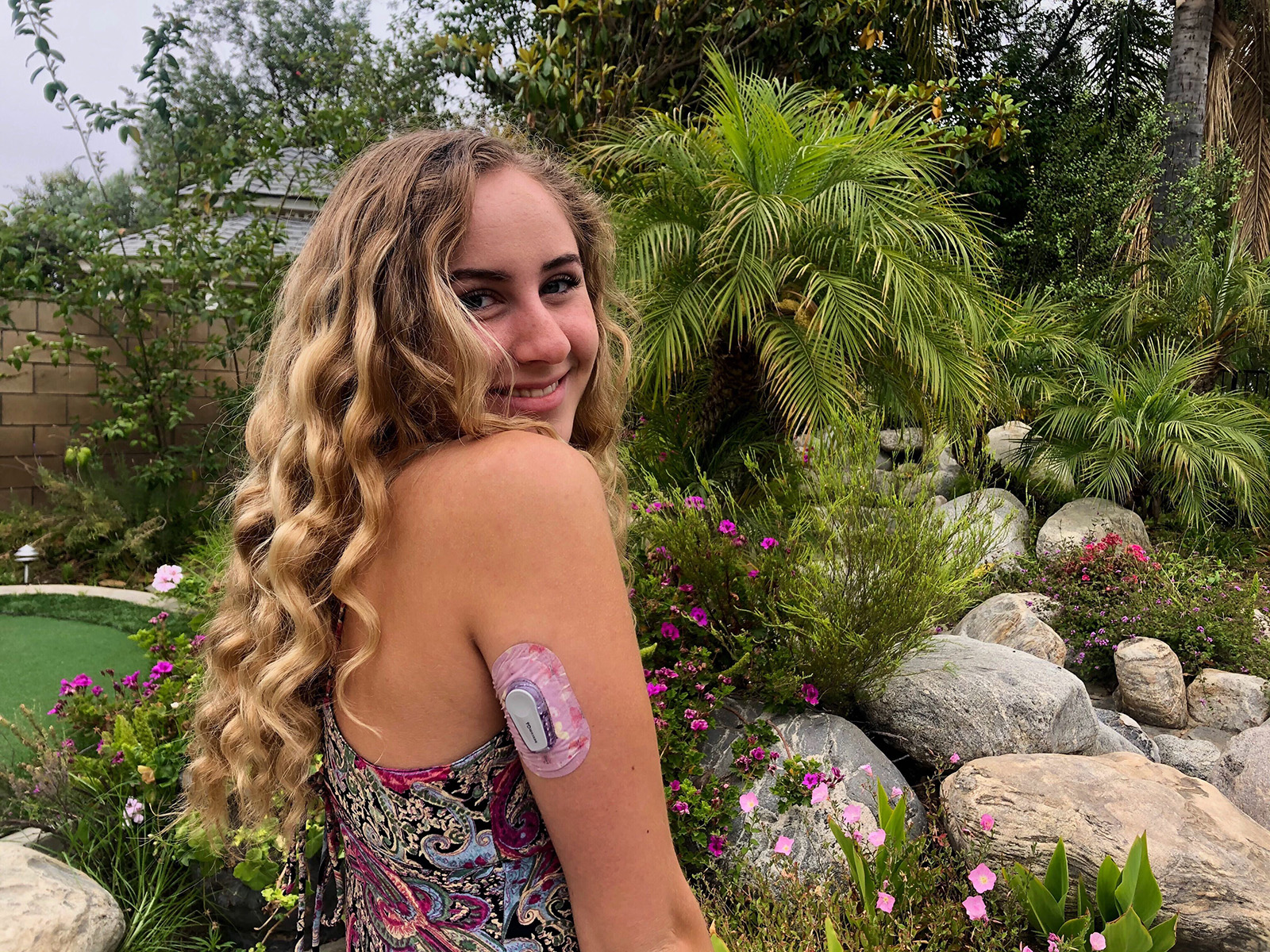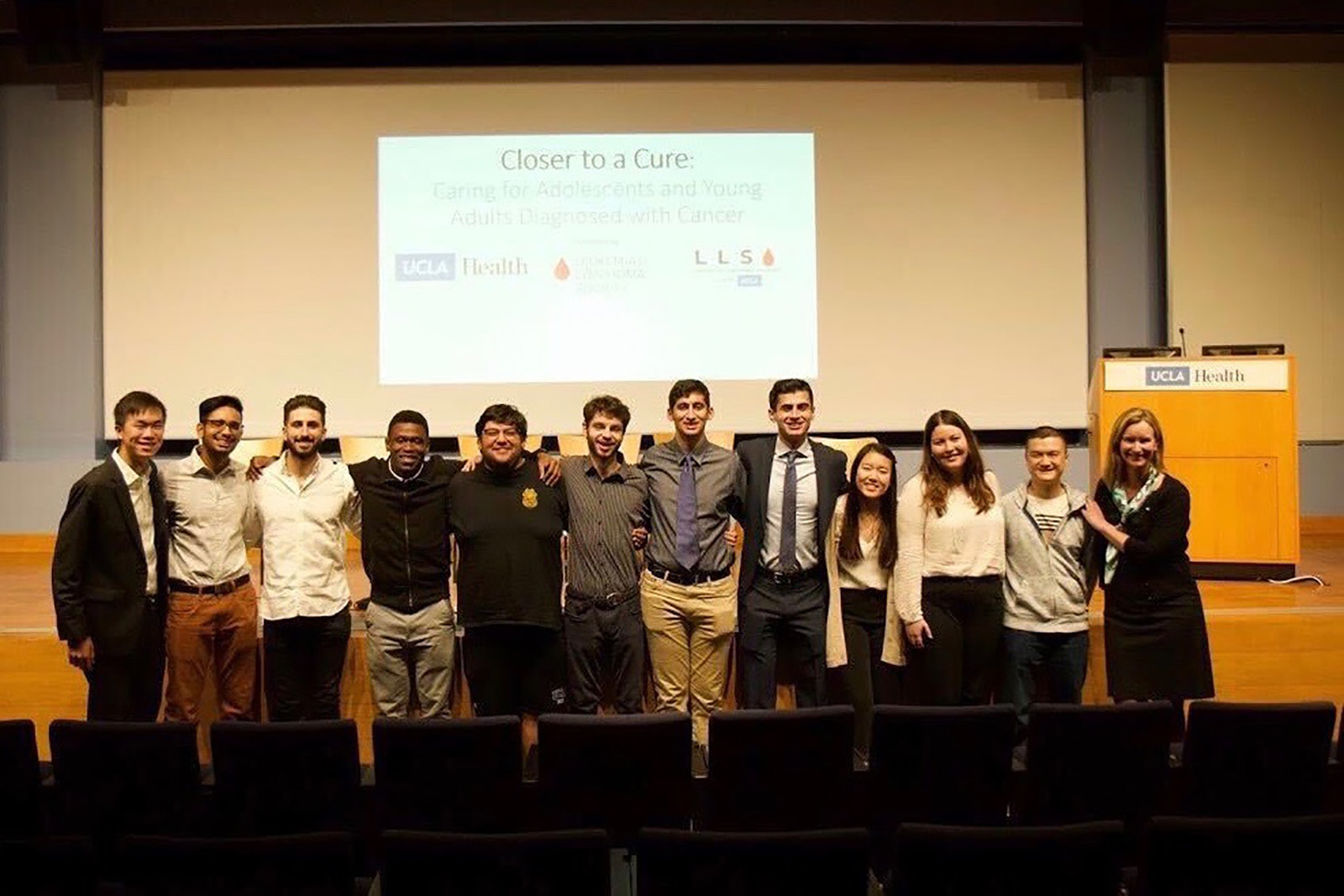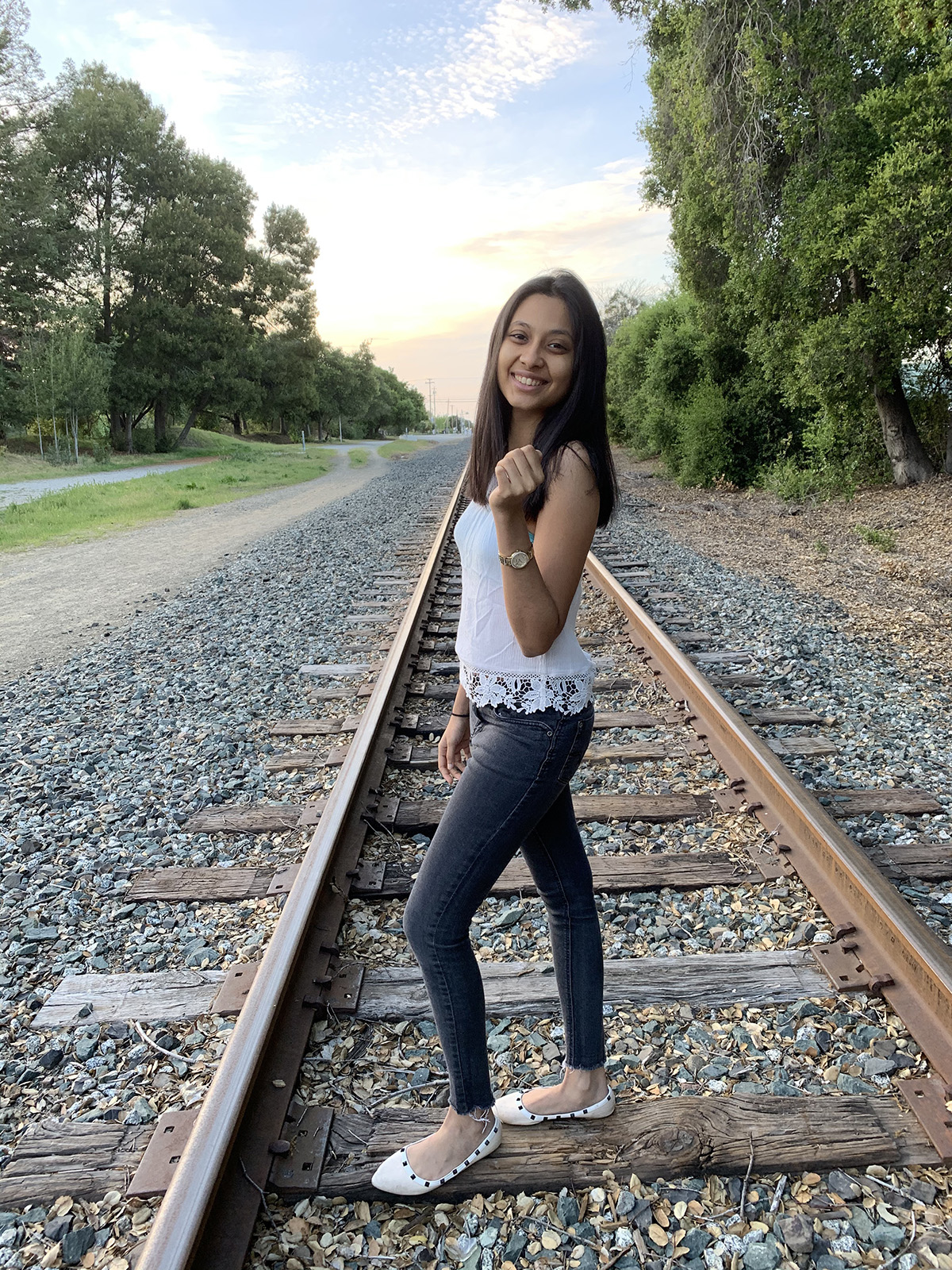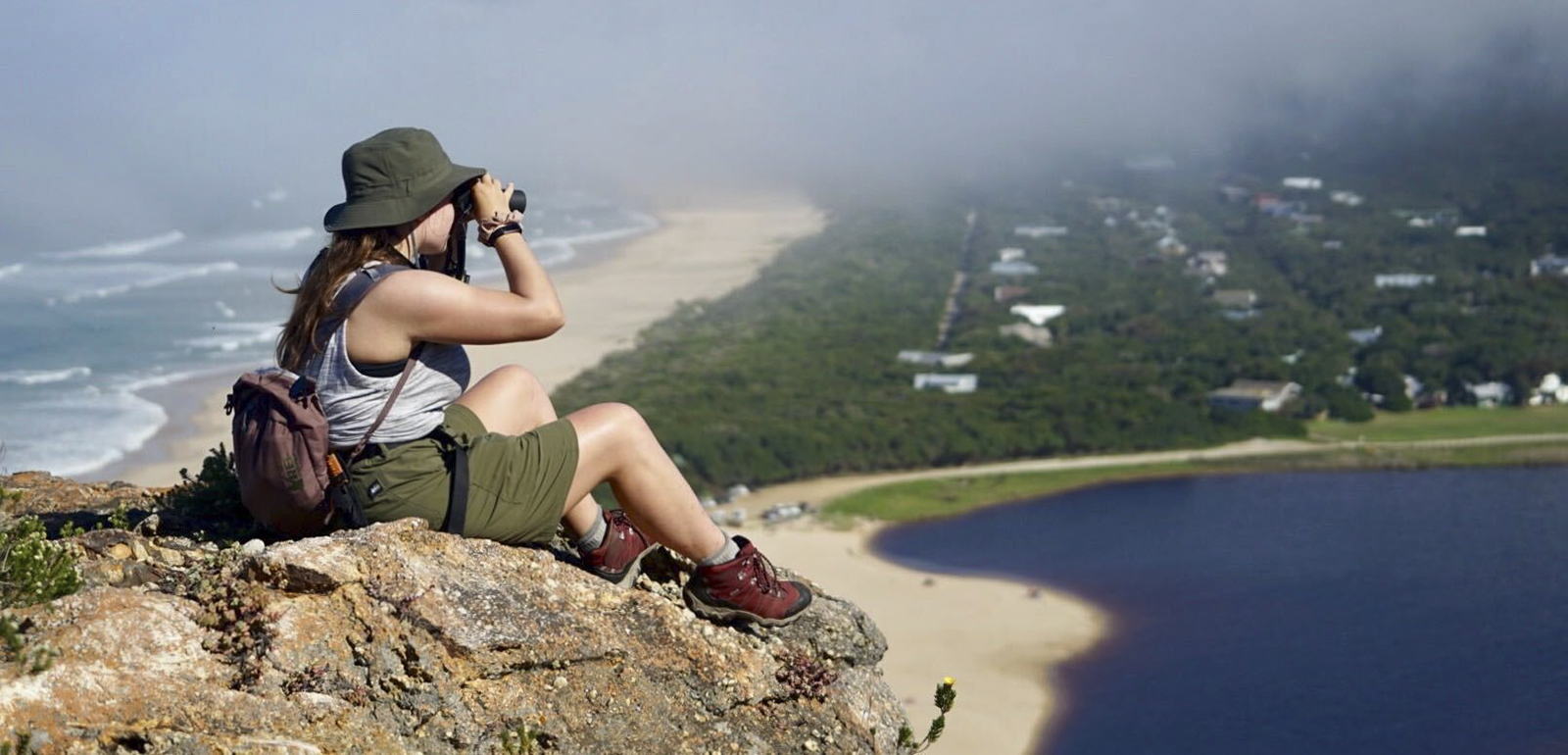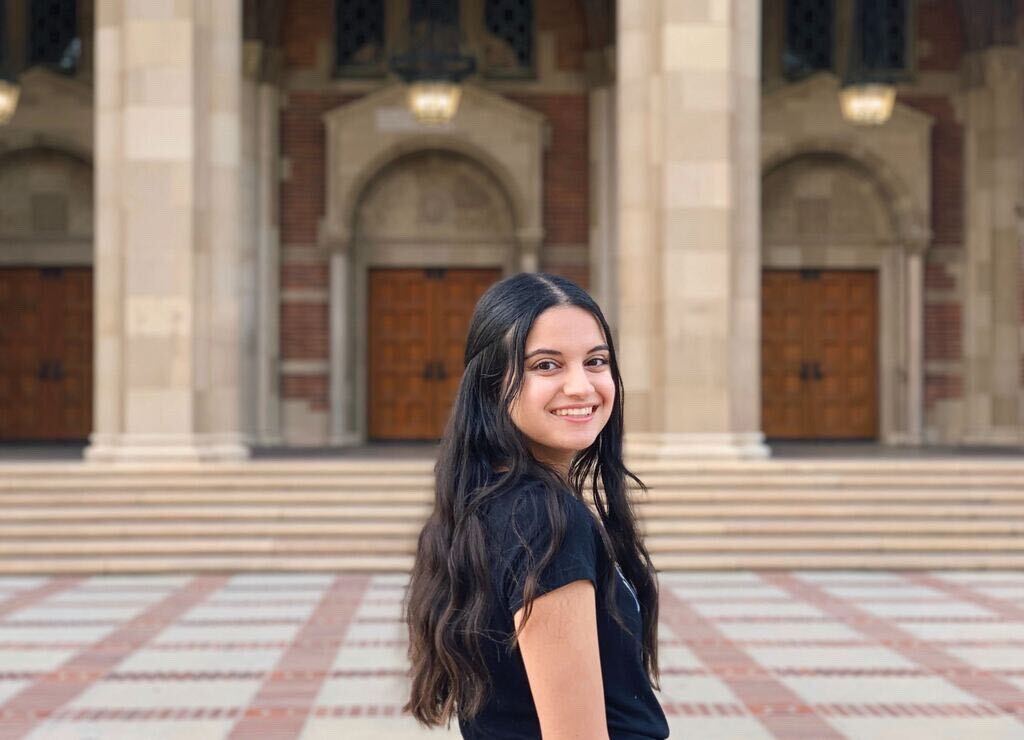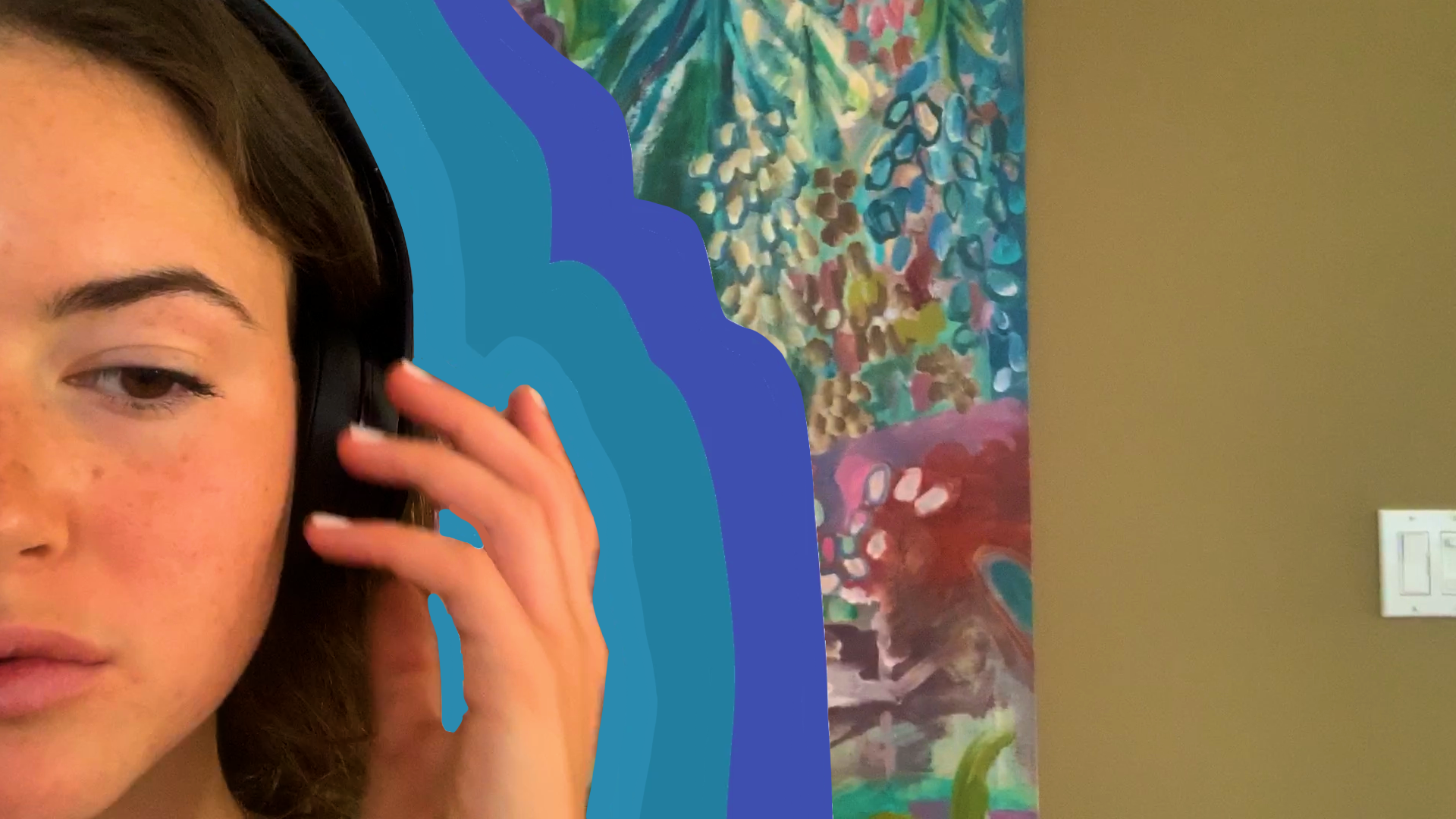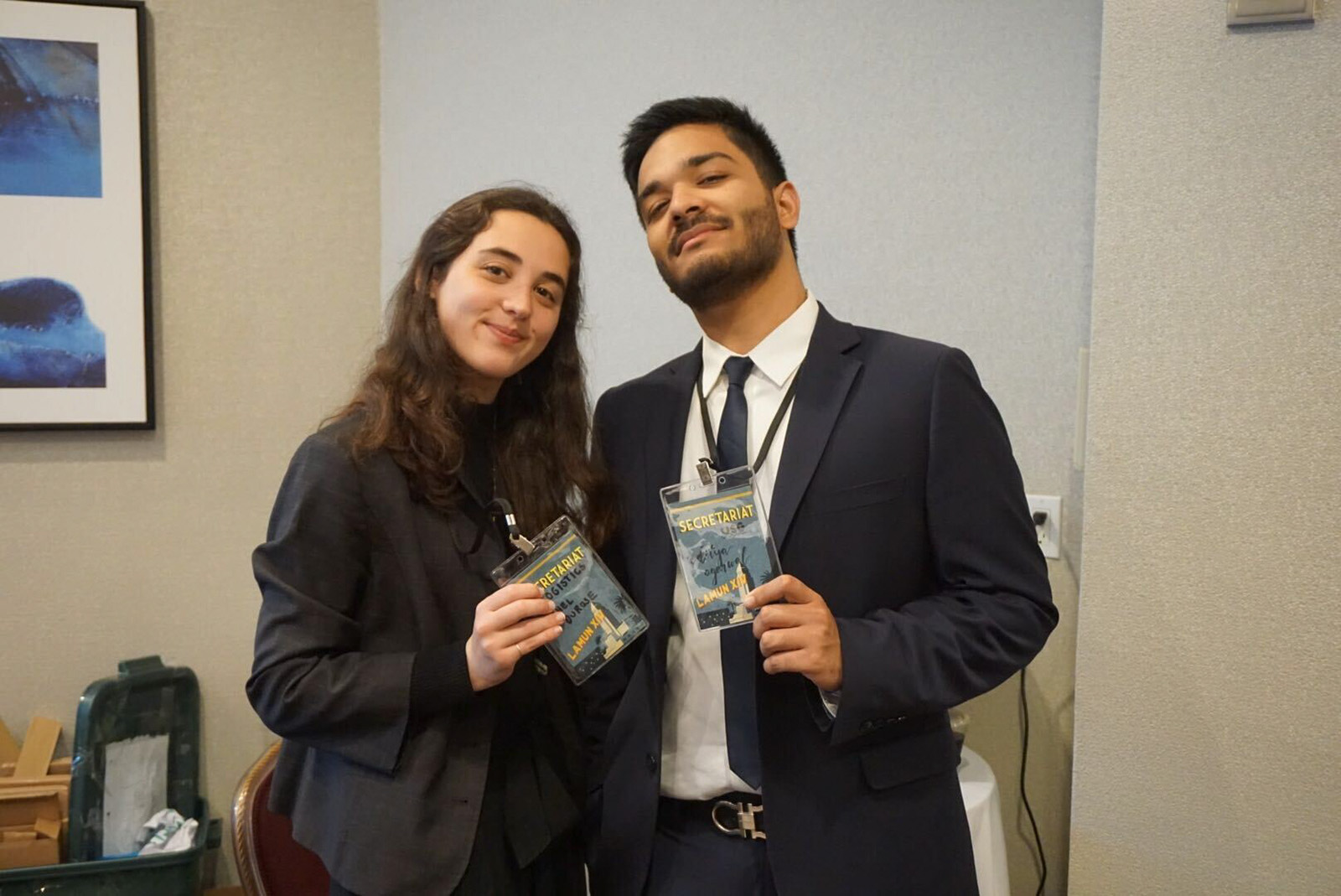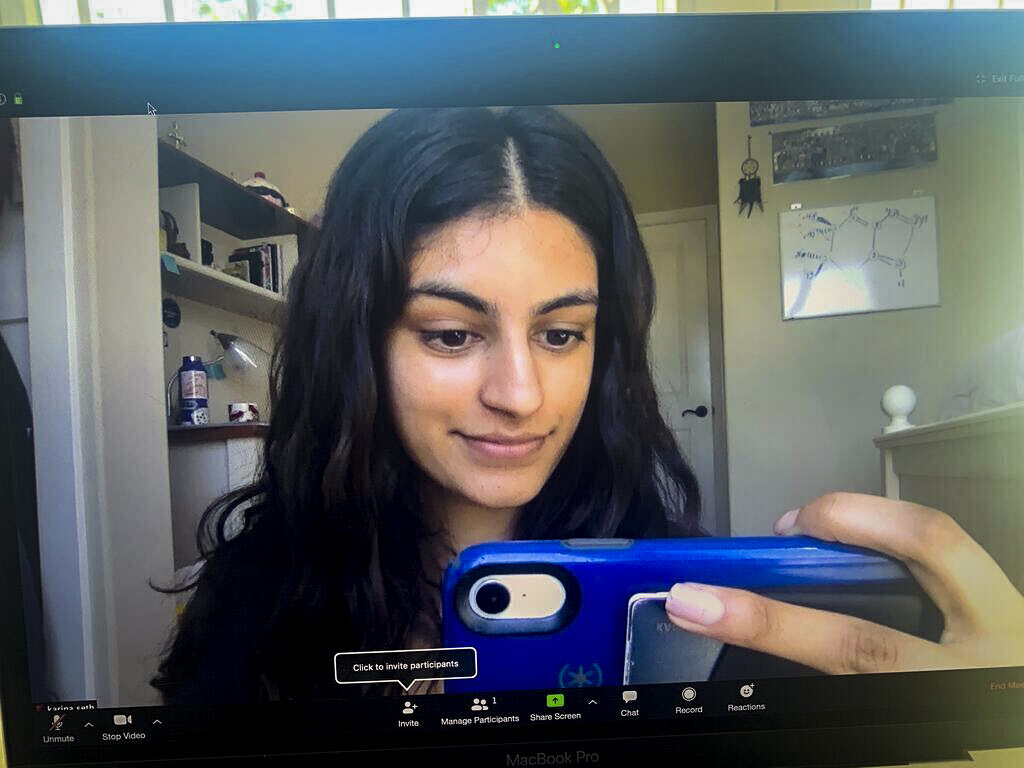Min Ta Hua (pictured front middle) was a 91 year-old man from China. Throughout his life, he was a father of four and a beloved high school mathematics teacher. He died on March 25, 2020, following complications from COVID-19. (Courtesy of Paige Hua)
By Paige Hua
April 17, 2020 at 5:39 p.m.
The coronavirus pandemic has drastically upended life in the most unforeseeable of ways. At UCLA, our community is remarkably united by similar feelings of loss, confusion and concern, but also by light, hope and perspective that the pandemic has brought to the forefront. In “Columns From Quarantine,” Daily Bruin staffers and community submissions highlight the personal stories that mark this unprecedented moment. If you have a quarantine story to tell, you can submit it here or email [email protected]

I remember my grandfather’s hands the most.
I remember him kneading dough on our kitchen counter as I watched on my tiptoes at 5 years old. I remember when his hands – aged with callouses that carried an endless history – enveloped my own and walked me home from kindergarten. Those hands taught me the order of operations and filled out countless sudoku charts. It was those hands I saw for the last time, when I visited him March 16 to finally learn the recipes for the dishes he made that I loved so much growing up.
That was the day before San Jose, California, went on a countywide lockdown to slow the spread of the coronavirus. My family made the trip to drop off a box of N95 masks for my grandparents, who live with my aunt and uncle. My grandfather was already coughing a little bit that day, but a cough was still just a cough back then – not a death sentence. When I hugged my grandfather goodbye, I fully believed that I would see him again when the quarantine was over.
Except, the next day, my uncle called and told us that a week ago, when they made a trip to Los Angeles, they stayed with a friend who had just tested positive for COVID-19. My house fell silent as we all absorbed the implications of what this meant – a two-week long period of self-isolation and a real possibility that we would lose both of my grandparents.
But while I expected the heavy silence and fear from my younger family members, I didn’t expect for my phone to blow up. I received texts and calls from aunts, uncles and cousins that I normally talk to only once or twice a year for birthday wishes and holidays.
For the next two weeks, the coronavirus pandemic emptied the outside world of all its liveliness while unrest ruled over my family.
My grandparents were quickly admitted into the emergency room at the Washington Hospital Healthcare System after showing signs of a fever, and my aunt and uncle who took care of them were also tested for the virus. Within a day, my grandfather tested positive.
Forty-eight hours later, he was hooked onto a ventilator.
The virus became a horrifying reality for my family. Every update my uncle sent over our family group chat was another shock of anxiety. And as the only person in my household with a smart phone, I became the unwanted bearer of bad news. Pretty soon, I muted all of my notifications except for the group chat because every buzz put my father on edge.
My father also developed a cough during this time, yet he seemed ready to leave the house at any moment to run to my grandfather’s side. I began making sure he fell asleep before I went to bed, in case he ran out the door in the middle of the night. It was moments like those that made me realize how painful this was for my family.
When my mom’s father passed away, she was able to hop on a plane to Taiwan within three hours of the news. This time around, 19 members of my family scattered throughout the U.S. and Europe were desperate to move – but couldn’t.
The inevitable update came March 25, when my grandfather, a 91-year-old man with hardly any preexisting conditions, passed away from the coronavirus.
In many ways, my family is lucky. My grandmother tested negative, my uncle and aunt contracted a relatively mild case of the virus, and the hospital they went to had available healthcare workers, tests and ventilators. There were mortuaries and funeral homes to turn to when my grandfather passed, and we’re even able to live stream his cremation. I know these are luxuries that are out of reach to others struggling with the virus – those who live in areas where their hospitals, morgues and funeral homes are all at capacity.
But what hurts the most with COVID-19 is knowing that, while I am isolated at home with my parents and two cousins, my grandfather spent his last days alone because he had to be isolated in the hospital, too. My uncle was the only one by his side when they pulled the ventilator out, and instead of saying goodbye, all I have left of my grandfather are secondslong videos taken in a sterile hospital room.
The effects of COVID-19 didn’t stop there, either. It upended more than our everyday lives as it stole even my grandfather’s plans after death. He and my grandmother, married for more than 70 years, wanted to be buried next to each other. But instead, my family was forced to make plans to cremate him in case his body is still infectious.
I remember these moments when I sit restless in my house on day “whatever-it-is” of quarantine. I remember my grandfather’s hands each time I scrub furiously at my own, and I ignore every desire of mine to go outside, because, while I lost a loved one, there are still countless others who are vulnerable.
My grandfather was meant to die surrounded by his children, grandchildren and even his great-grandchildren. Instead, he died struggling for every breath, surrounded by strangers he didn’t know.
I remember this as I wait to hug my grandmother, to share the grief with my family, to hold a funeral to celebrate my grandfather’s life – and I’m reminded of just how real this virus is and continues to be.
Paige Hua is a second-year English student from West Sacramento, California, and the Theater | Film | Television editor for the Daily Bruin.

